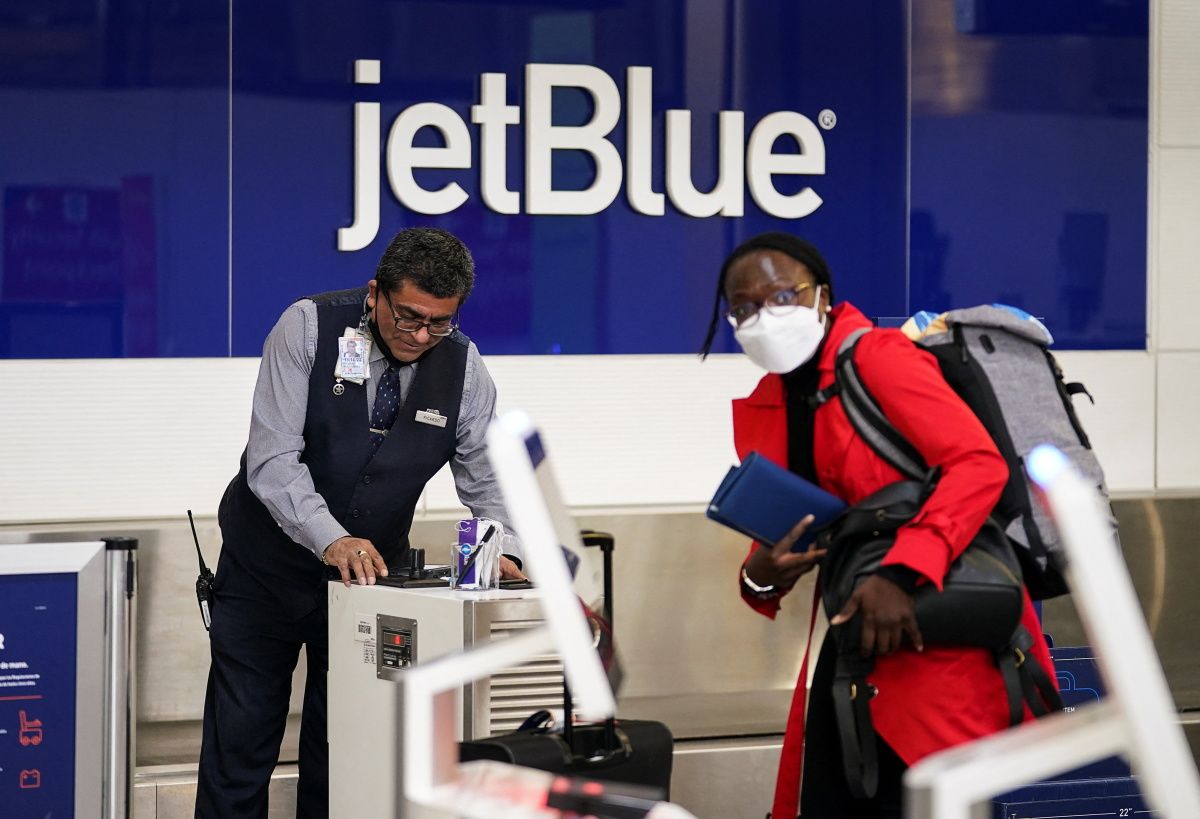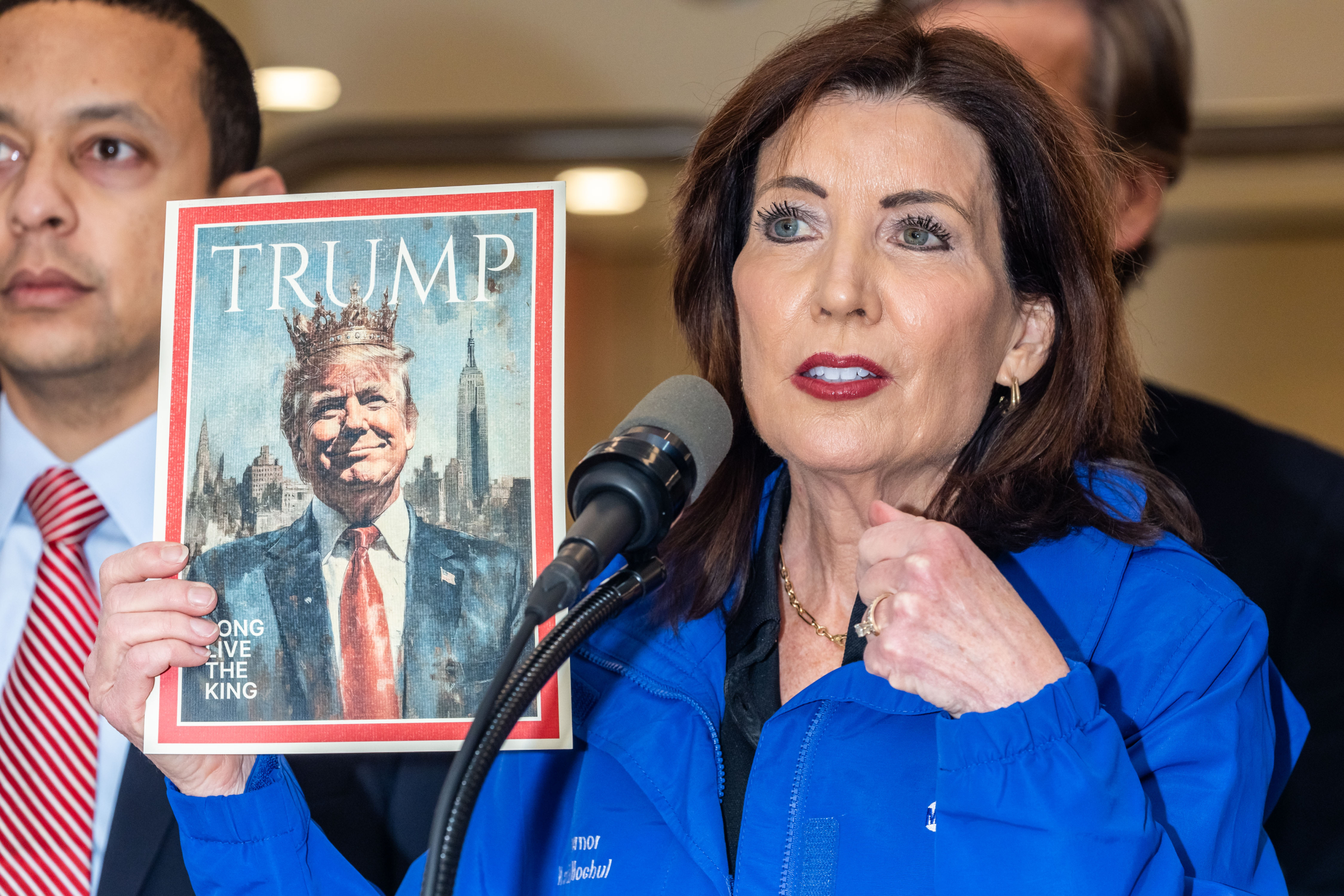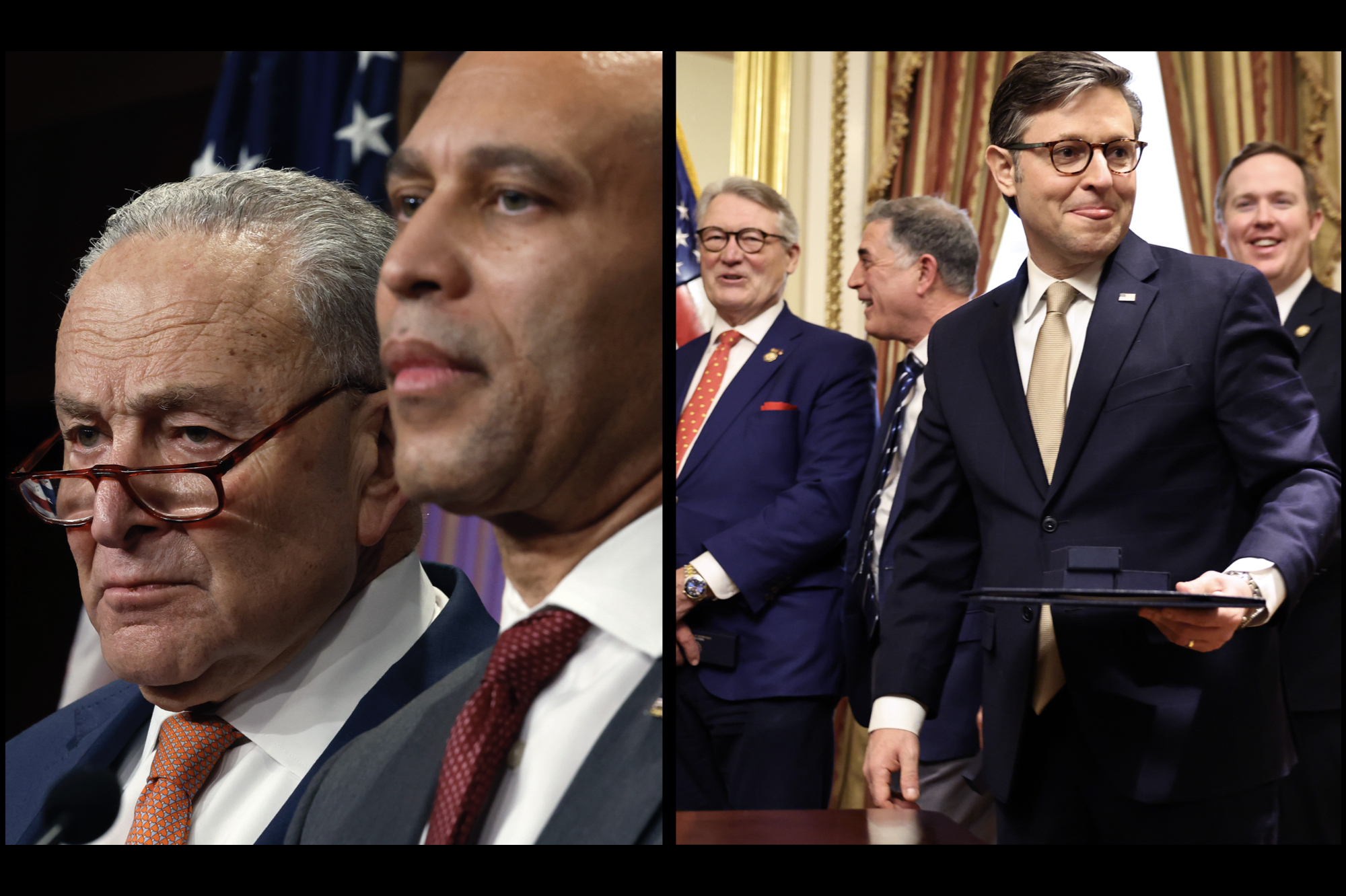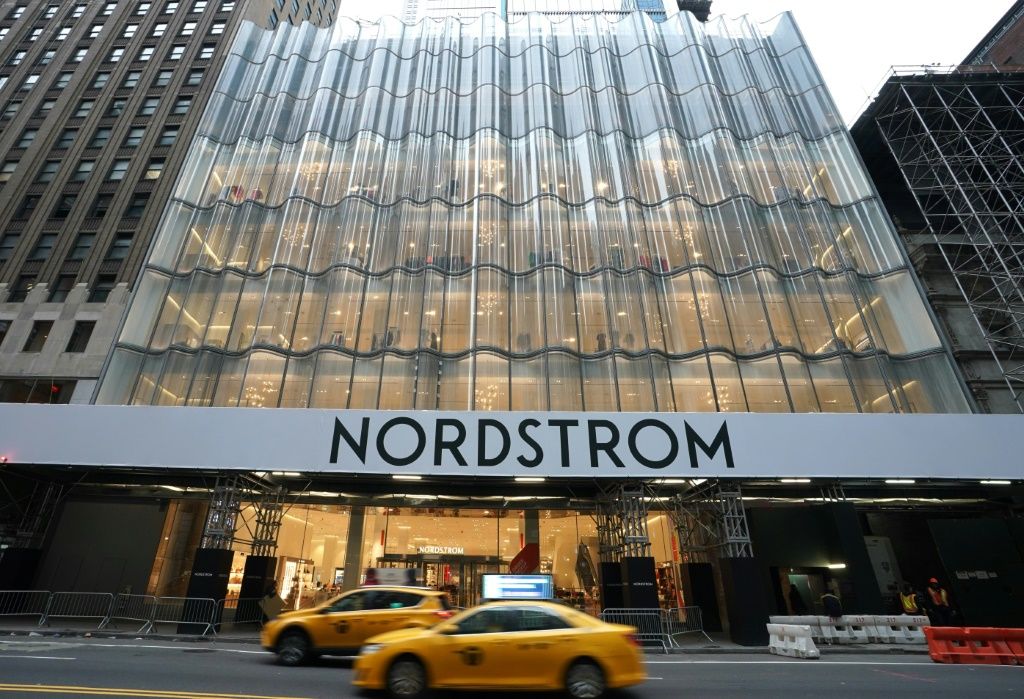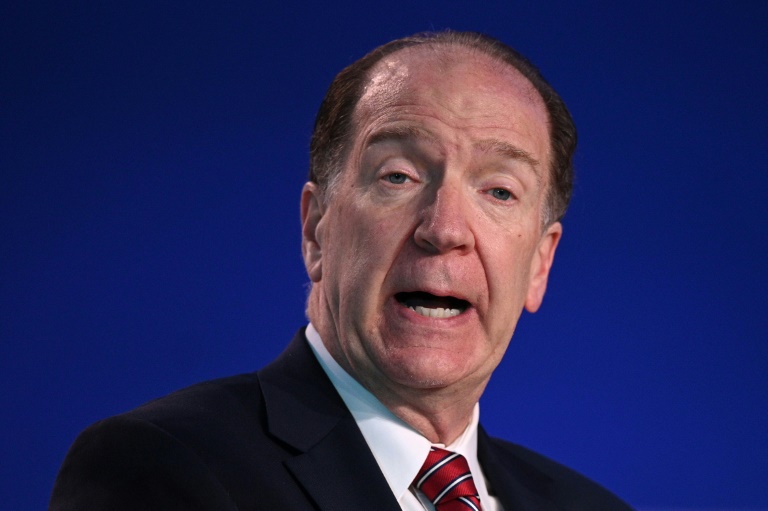JetBlue’s ground operators are pushing for a labor vote in a bid to unionize, with the move announced on Friday.
The movement of nearly 3,000 employees, which includes baggage workers, is backed by the International Association of Machinists and Aerospace Workers, a trade union representing close to 600,000 active and retired members. The trade group said it would file a union application with the National Mediation Board, a federal agency that oversees labor-management relations.
“I congratulate all JetBlue Ground Operations workers for uniting in solidarity and demanding that a union representation election be conducted,” Robert Martinez Jr., IAM’s international president said in a statement.
The latest push would create a third union group at the the airline after its pilots unionized in 2014, followed by flight attendants four years later. Ground workers at JetBlue have been fighting for a union for some time.
When ground staff were pushing for unionization in 2019, the airline dismissed the calls.
“There will always be union reps, and even fellow crew members, who try to convince you that paying dues and having a union would be a better way to go. However, a union would never be able to give you a list of accomplishments like this,” JetBlue president Joanna Geraghty wrote in an email at the time.
“Don’t be fooled,” she added, warning staff against unionization as she cited other airlines. In 2019, employees at Delta sought to unionize unsuccessfully, with workers still fighting that battle. However, the ‘big three’ carriers—United, Southwest and American Airlines—all have unions.
The JetBlue ground workers’ union push comes amid a year of national unionization efforts, with high-profile movements at Amazon and Starbucks.
“It’s high time that JetBlue workers gain the dignity and respect of a union contract, and a strong voice on the job,” Richard Johnsen, the general vice president for air transport territory at IAM said.
Earlier this year, JetBlue finalized its acquisition of Spirit Airlines in deal worth over $3.5 billion. However, the deal, which would create the fifth largest U.S. carrier, has since seen hurdles. For the airlines’ employees, who are represented by different unions, the acquisition will be far from simple.
Reuters / Fred Prouser

